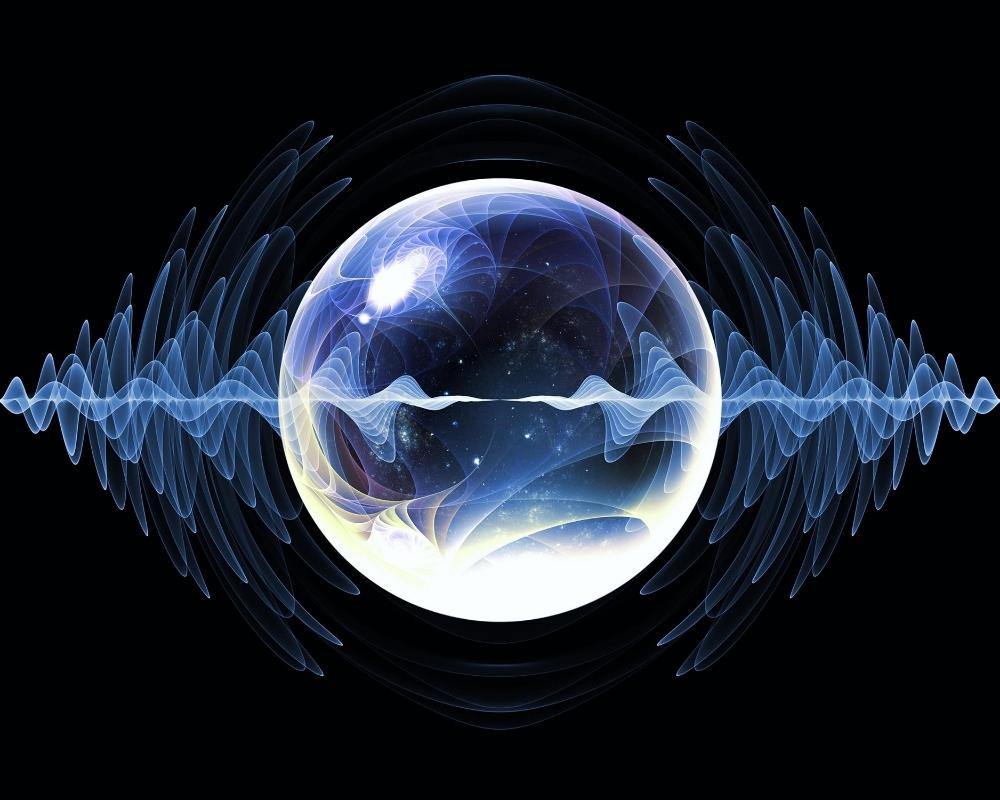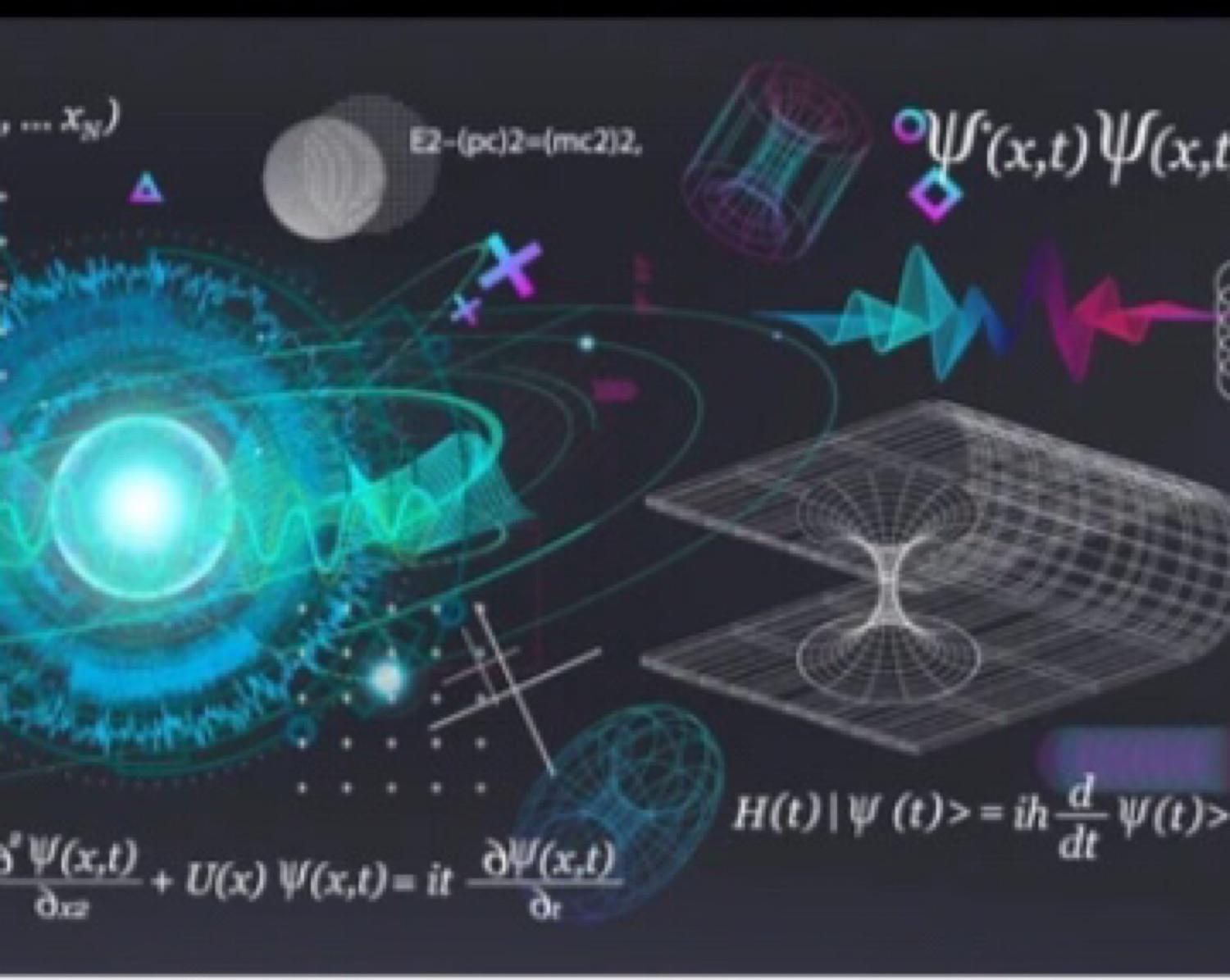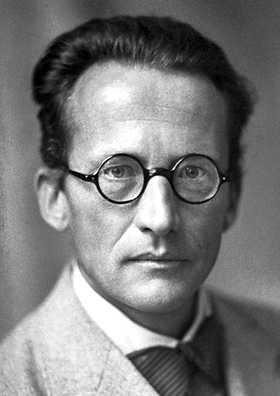1.Wave Particle Duality
Matter and light have properties of both waves and particles simultaneously. The results of quantum mechanics make it clear that waves exhibit particle-like properties and particles exhibit wave-like properties, depending on the specific experiment. Quantum physics is, therefore, able to make descriptions of matter and energy based on wave equations that relate to the probability of a particle existing in a certain spot at a certain time.
55
624 reads
CURATED FROM
IDEAS CURATED BY
The idea is part of this collection:
Learn more about scienceandnature with this collection
How to secure funding
How to market and sell your product or service
How to scale and grow your business
Related collections
Similar ideas to 1.Wave Particle Duality
Quantum Mechanics
In quantum mechanics, particles do not possess well-defined positions and speeds. Rather, these values are represented by something called a wave function.
A wave function is a set of numbers, each one representing a different point of space. The size of the wave function ...
Erwin Schrödinger proposed a paradox
Erwin Schrödinger was a Nobel prize-winning physicist. Schrödinger proposed a paradox in 1935 to illustrate a point in quantum mechanics about the nature of wave particles.
At the center of quantum theory is the idea of a wave function. A wave-function describes all the possible states sub...
Read & Learn
20x Faster
without
deepstash
with
deepstash
with
deepstash
Personalized microlearning
—
100+ Learning Journeys
—
Access to 200,000+ ideas
—
Access to the mobile app
—
Unlimited idea saving
—
—
Unlimited history
—
—
Unlimited listening to ideas
—
—
Downloading & offline access
—
—
Supercharge your mind with one idea per day
Enter your email and spend 1 minute every day to learn something new.
I agree to receive email updates


